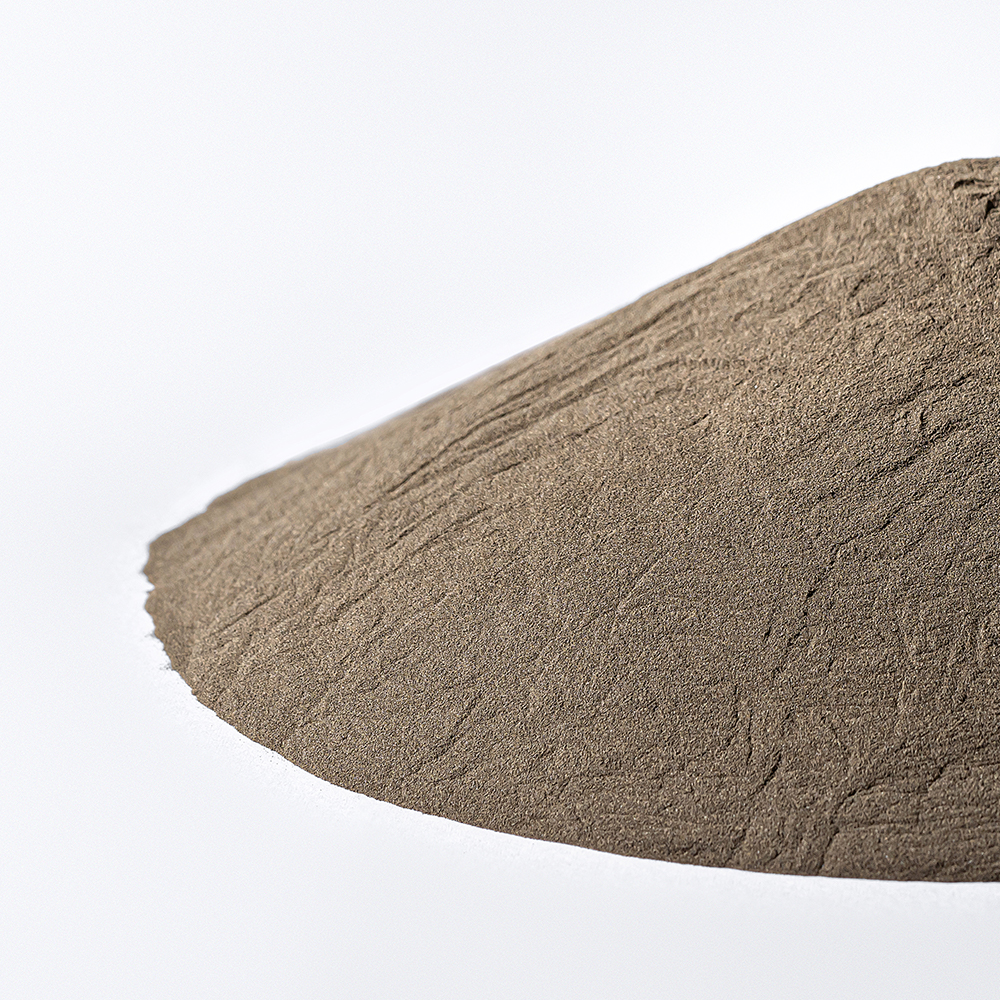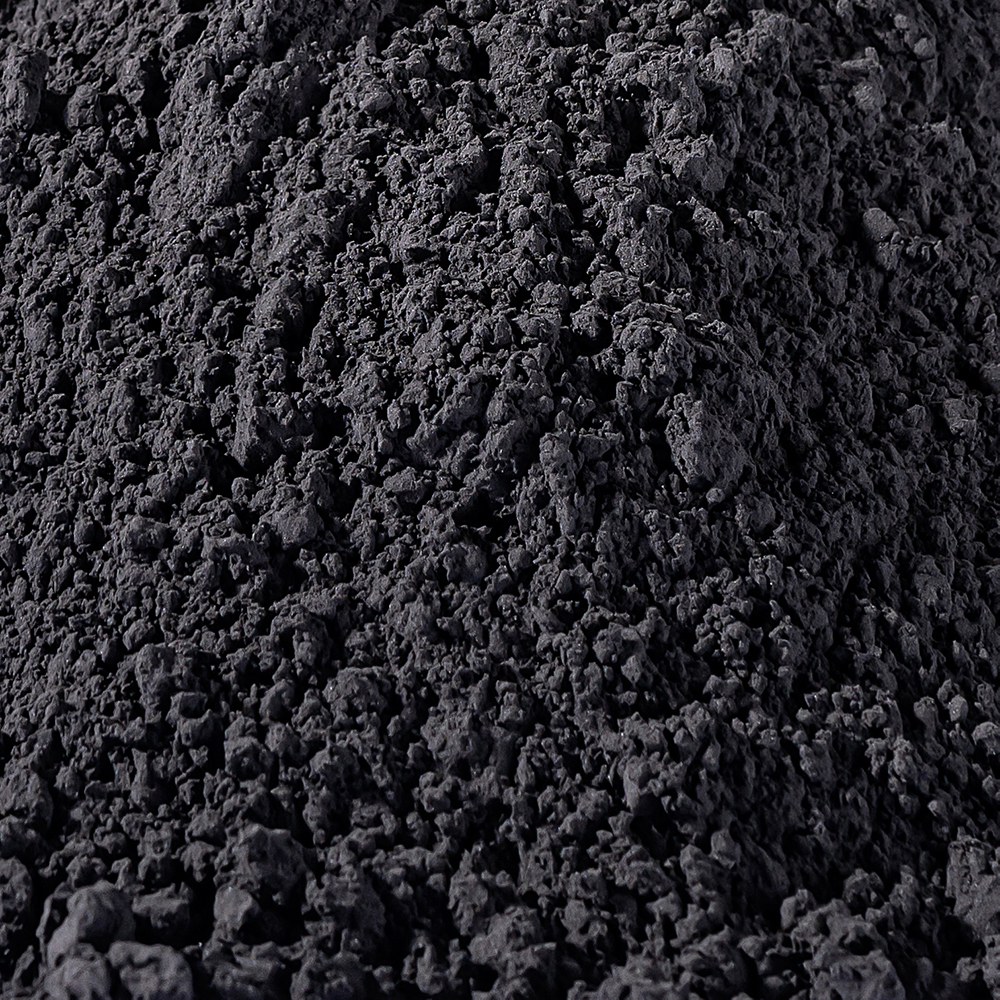
Does Alloy Powder Offer Consistent Performance in Additive Manufacturing?
Additive manufacturing (AM), also known as 3D printing, has revolutionized the production of complex, custom, and high-performance components across industries such as aerospace, automotive, medical, and industrial design. One of the most crucial factors in ensuring the success of additive manufacturing processes is the quality of the materials used. Alloy powders have become a staple in many AM applications due to their unique properties, but the question remains: does alloy powder offer consistent performance in additive manufacturing?
In this article, we will explore the role of alloy powder in additive manufacturing, its benefits, challenges, and how ジンチュン, a leading metal powder manufacturer, ensures the consistent performance of its alloy powders for 3D printing and other AM applications.
The Importance of Alloy Powder in Additive Manufacturing
In additive manufacturing, alloy powders are typically used in powder bed fusion techniques (like Selective Laser Melting (SLM) and Electron Beam Melting (EBM)), direct energy deposition (DED), and other powder-based 3D printing methods. The quality and consistency of the powder play a significant role in determining the mechanical properties, finish, and overall success of the printed component. Alloy powders, which are made by mixing two or more metals, are preferred for AM because they offer a wide range of material properties that can be tailored for specific applications.
Why Alloy Powders are Essential for AM:
- Tailored Material Properties: Alloy powders can be engineered to have specific characteristics such as high strength, corrosion resistance, or heat resistance. This makes them ideal for specialized industries like aerospace and automotive, where performance and reliability are critical.
- Complex Geometries: Alloy powders allow for the creation of highly complex and intricate parts that would be difficult or impossible to achieve using traditional manufacturing methods.
- Material Efficiency: In additive manufacturing, only the material needed for the part is used, reducing waste and increasing material efficiency.
However, to take full advantage of these benefits, consistent performance of alloy powders is vital. Let’s dive deeper into whether alloy powders can maintain consistent performance in additive manufacturing and how companies like ジンチュン ensure this consistency.

Key Factors for Consistent Performance of Alloy Powders in AM
The performance of alloy powders in additive manufacturing depends on several factors, from material composition to powder size and flowability. Understanding these factors and their impact on the final part quality is crucial for optimizing the AM process.
1. Powder Quality and Homogeneity
The composition and consistency of the alloy powder are critical. Any variation in the powder’s chemical makeup can lead to inconsistencies in the final part’s mechanical properties. ジンチュン, as a leading metal powder manufacturer, rigorously controls the composition of its alloy powders, ensuring homogeneity across batches. This guarantees that each powder batch behaves predictably during the AM process, leading to parts with consistent mechanical properties.
2. Powder Size Distribution
The size of the powder particles plays a crucial role in the flowability, packing density, and melt pool behavior during additive manufacturing. Too fine or too coarse particles can lead to problems like poor powder spreading, inconsistent melting, or material defects. Jinchun ensures that its alloy powders have a controlled particle size distribution, optimizing powder flowability and consistency in the 3D printing process. This contributes to smooth powder bed deposition, uniform layer bonding, and ultimately, the quality of the printed part.
3. Flowability and Packing Density
For efficient AM, powder flowability and packing density are critical. Poor flowability can cause issues with powder feeding and deposition, resulting in defects or voids in the printed part. Jinchun’s alloy powders are designed with excellent flowability, ensuring even distribution and compact packing during printing. This improves the overall printing speed and quality, reducing the risk of printing errors due to inconsistent powder behavior.
4. Powder Morphology
The shape and morphology of the powder particles also influence the consistency of additive manufacturing. Spherical particles are typically preferred because they flow more easily and provide better packing density. Jinchun produces alloy powders with optimized particle shapes, ensuring uniform deposition and fusion, leading to better final part quality and mechanical properties.
5. Oxidation Resistance
Oxidation of the metal powder can significantly affect the performance and quality of the printed part, as oxide particles can interfere with the melting process and weaken the material. Jinchun’s alloy powders are manufactured with a focus on low oxidation to ensure optimal interaction between the powder and energy source during the AM process. This helps maintain the desired material properties and ensures the final part is free of defects caused by oxidation.
6. Consistency in Thermal and Mechanical Properties
The alloy powder must also maintain consistent thermal and mechanical properties during the printing process. Inconsistent heat absorption, melting, or cooling can result in distortion, cracks, or poor bonding between layers. Jinchun’s strict quality control ensures that its alloy powders are engineered to offer consistent thermal conductivity, high melting point stability, and reliable mechanical properties, ensuring that each part meets the necessary specifications.
Benefits of Using Alloy Powders in Additive Manufacturing
When alloy powders perform consistently, they offer several key advantages in additive manufacturing:
1. Improved Mechanical Properties
Alloy powders can be engineered to offer enhanced mechanical properties such as increased tensile strength, fatigue resistance, or ductility. For industries like aerospace, medical, and automotive, where high-performance materials are crucial, alloy powders ensure that parts meet the stringent requirements of these sectors.
2. Complexity and Customization
With alloy powders, manufacturers can create complex geometries and customized parts that would otherwise be challenging or cost-prohibitive using traditional manufacturing methods. The ability to mix different metals or add specific elements to an alloy allows for the production of highly specialized parts with tailored properties.
3. Reduced Material Waste
Unlike traditional subtractive manufacturing, where excess material is cut away, additive manufacturing only uses the material necessary for the final part. This results in less waste and more efficient use of alloy powders, making the process more environmentally friendly and cost-effective.
4. Sustainability
Alloy powders are often made from recycled metals, contributing to sustainability efforts in manufacturing. As industries push for more eco-friendly production methods, the use of alloy powders in additive manufacturing helps reduce resource consumption and promote a circular economy.
Challenges of Using Alloy Powders in Additive Manufacturing
While alloy powders offer numerous benefits, there are challenges that can affect their performance in additive manufacturing. These include:
- Powder Recycling: Over time, reused alloy powders may lose some of their properties due to contamination or degradation. It’s crucial to control how often the powder can be recycled without affecting print quality.
- Powder Cost: High-quality alloy powders can be expensive to produce. Companies like ジンチュン aim to balance quality and cost-effectiveness to make alloy powders a more viable option for large-scale AM production.
- Powder Handling and Storage: Proper storage and handling of alloy powders are essential to prevent contamination, oxidation, or clumping. This requires careful attention to environmental conditions such as humidity and temperature.
Why Choose Jinchun for Alloy Powder in Additive Manufacturing?
As a trusted metal powder manufacturer, Jinchun specializes in producing high-quality alloy powders for a wide range of additive manufacturing applications. Our commitment to consistent performance ensures that our customers achieve the best results with every print.
Key Advantages of Jinchun Alloy Powders:
- High-Quality Materials: Our alloy powders are made from premium raw materials and undergo strict quality control to ensure consistency and uniformity across all batches.
- Customization: We offer a variety of alloy powder compositions, particle sizes, and blends to meet the specific needs of your AM applications.
- State-of-the-Art Manufacturing: With advanced powder production techniques, Jinchun ensures that our alloy powders offer optimal flowability, morphology, and oxidation resistance.
- Reliable Supply Chain: As a leading powder manufacturer, Jinchun offers reliable supply and fast delivery times, ensuring that your AM processes are never delayed.
- テクニカルサポート: Our team of experts provides comprehensive technical support, assisting you in selecting the right alloy powder for your AM projects and helping optimize the printing process.
結論
The consistent performance of alloy powders is crucial to the success of additive manufacturing, and with the right material properties, alloy powders can significantly enhance the quality, efficiency, and versatility of 3D printed parts. As a leading metal powder manufacturer, Jinchun is dedicated to providing high-quality alloy powders that ensure optimal performance in AM applications. Whether you’re producing aerospace components, automotive parts, or medical devices, our consistent, high-performance powders will help you achieve the best results in your additive manufacturing processes.
Contact Jinchun today to learn more about our alloy powders and how they can enhance your additive manufacturing projects!

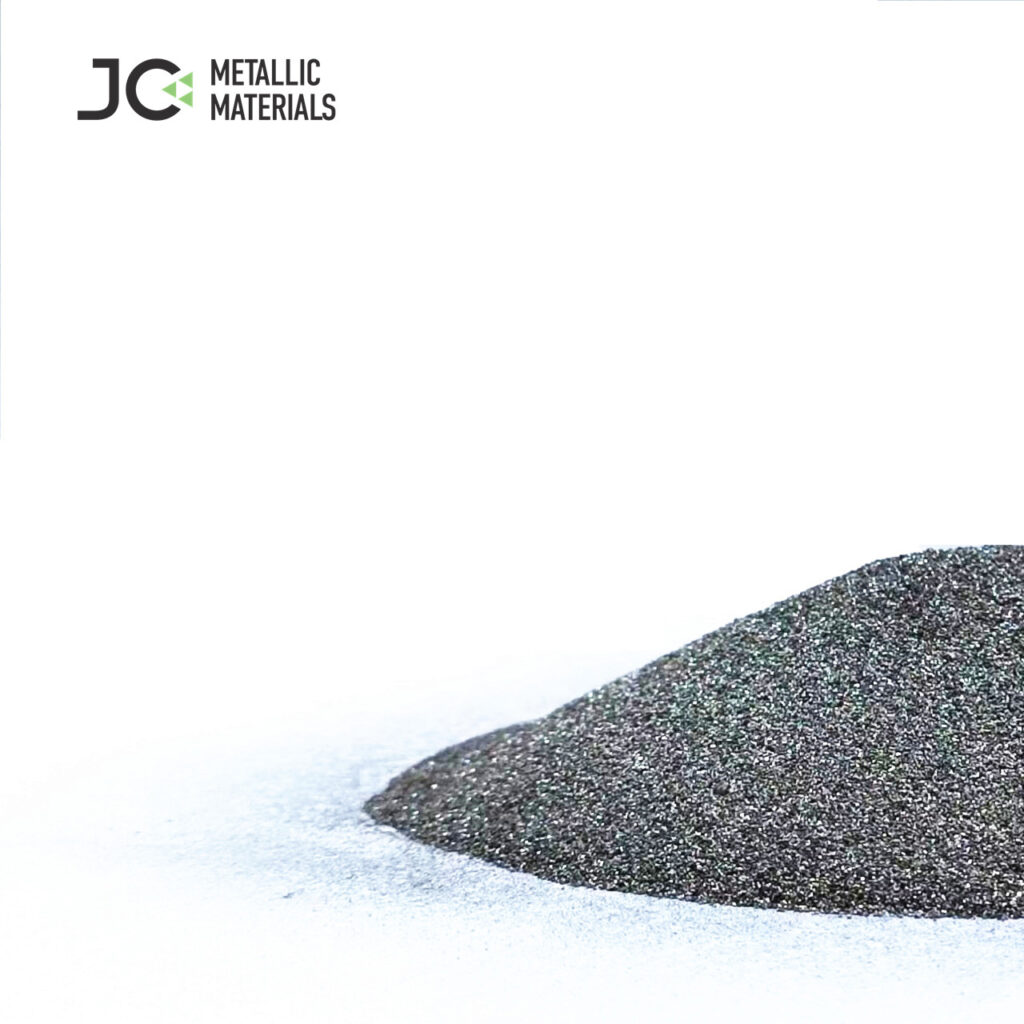
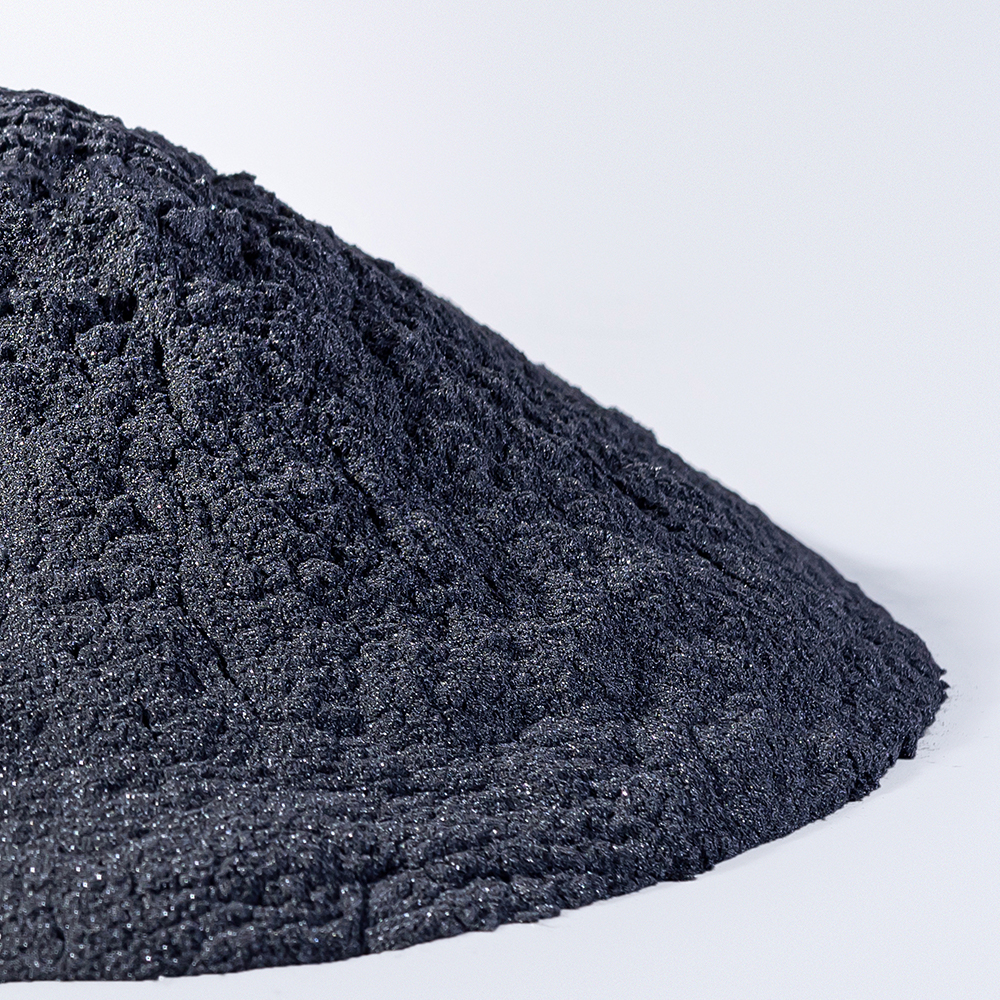
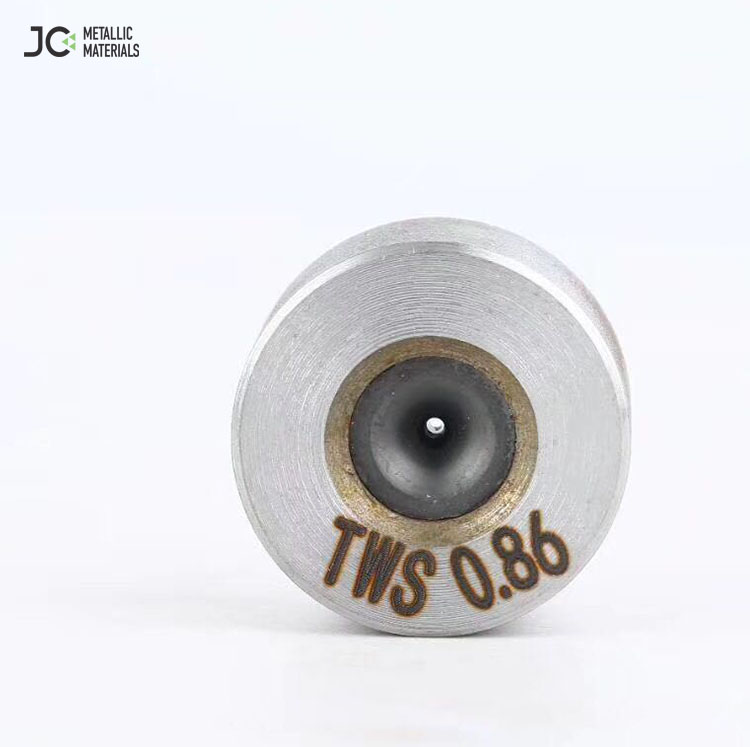
_6258副本-2.jpg)
